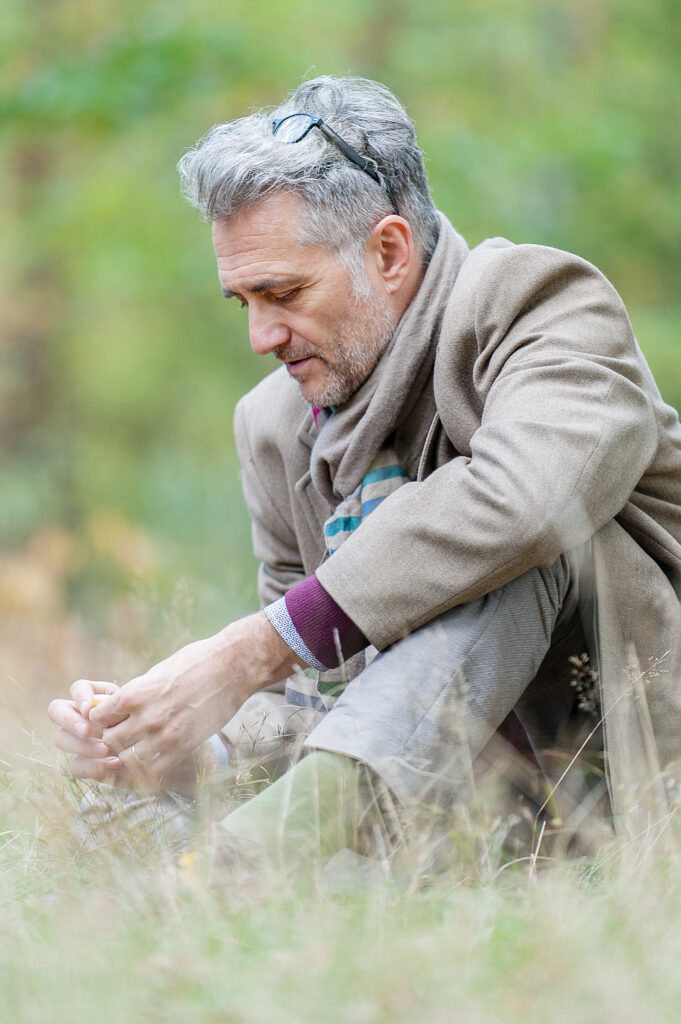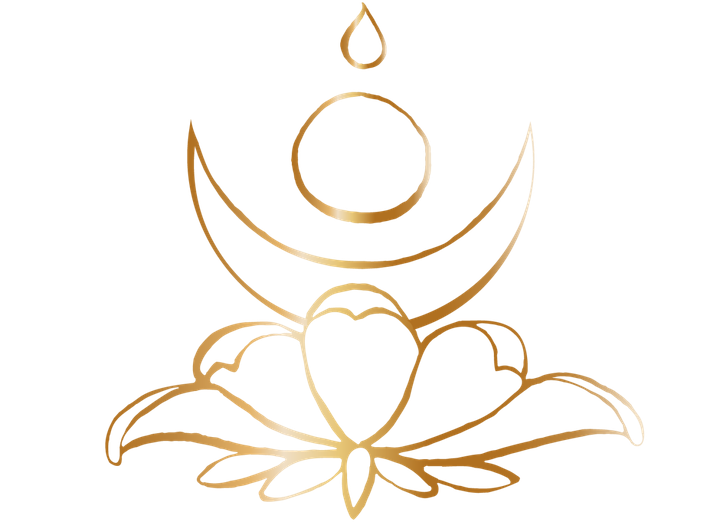
00:00:00 Introduction
00:02:00 Productivity and ecology of love
00:09:21 Rules of erotic exchange
00:13:00 Looking out to confirm our realness as an obstacles for relationship
00:17:00 Narcissism and success
00:24:00 Meaning of love from Erich Fromm and the risk of acting in accord with reality.
00:28:00 Non-duality, shared pool of aliveness and emotion
00:36:00 Serving others and self-enlightenment.
00:40:00 Hitting rock bottom and receiving gifts through existing
00:44:00 Being the circle of the gift and the difficulty of trusting our existence as being enough.
00:53:00 Surrounding and helping each other becoming real.
Portrait of Andreas Weber by Annett Melzer
LINKS:
Andreas https://biologyofwonder.org
Podcast https://oliviaclementine.com/podcasts/
Support Enjoy these episodes? Please leave a review here.
Scroll down to Review & Ratings. https://podcasts.apple.com/us/podcast/love-liberation/id1393858607
